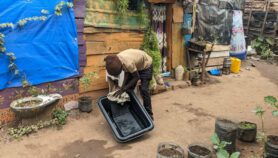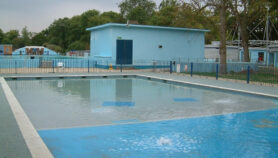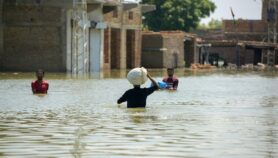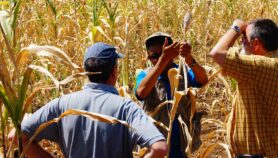By: Wagdy Sawahel
Send to a friend
The details you provide on this page will not be used to send unsolicited email, and will not be sold to a 3rd party. See privacy policy.
Aaron Ciechanover of Technion — the Israel Institute of Technology — and winner of the 2004 Nobel Prize in chemistry, says he hopes to see students travelling to different countries in the Middle East, and scientists being invited to conferences in ‘hostile’ countries.
He offered to give lectures in Egypt on cancer research and to find funds to support researchers coming to work in his laboratory in Israel.
Yuan Lee, who won the same Nobel Prize in 1986 and works at the Academia Sinica in Taiwan, offered to host three scientists with full scholarships.
“Scientists have much more responsibility in our world than they are normally aware of,” says Richard Ernst of the Swiss Federal Institute of Technology,.another Nobel winning chemist who attended the meeting.
“They are supposed to have the foresight to shape our common future, and they have the liberty to express themselves freely without any concerns for their personal position, which is not true for politicians nor for business people,” Ernst told SciDev.Net.













